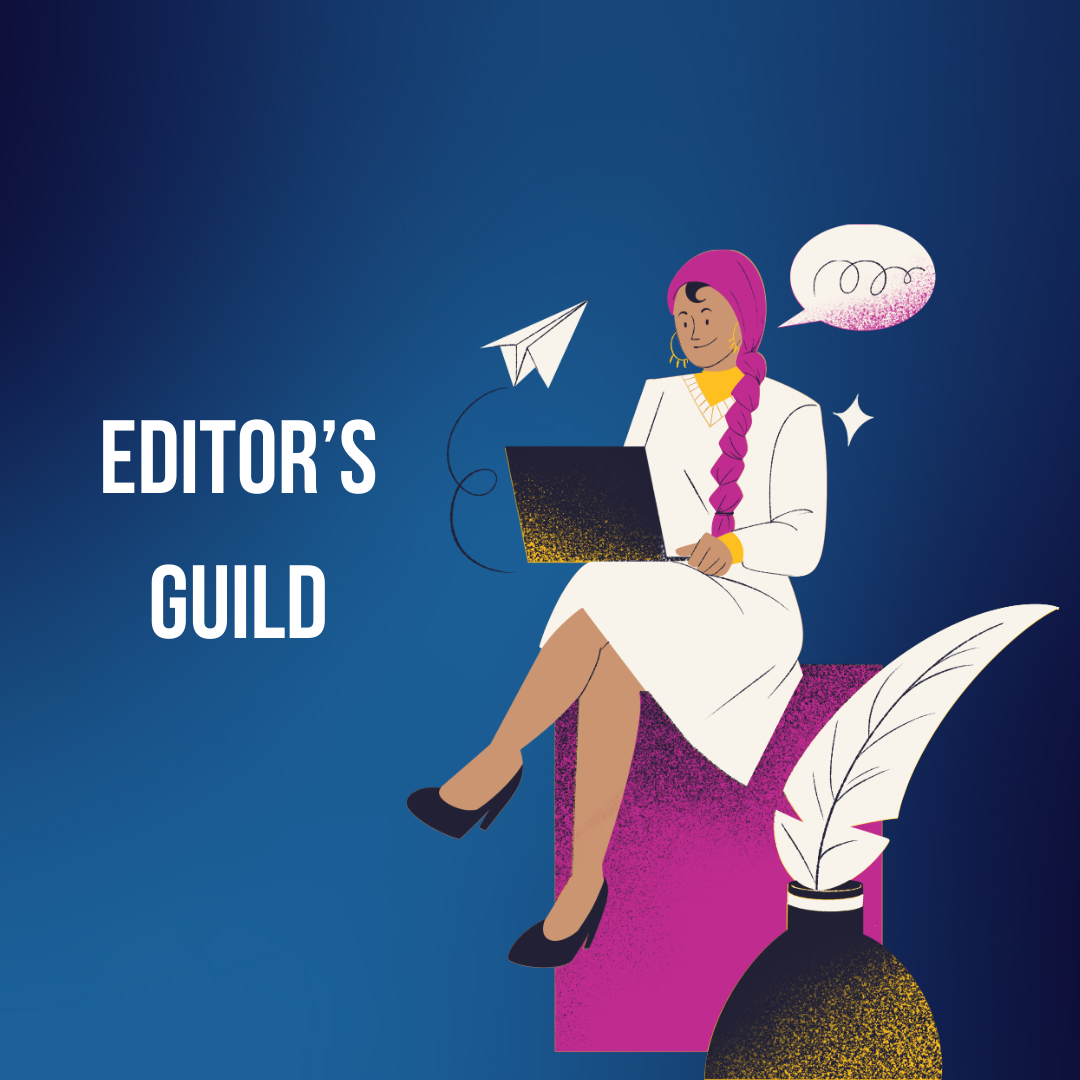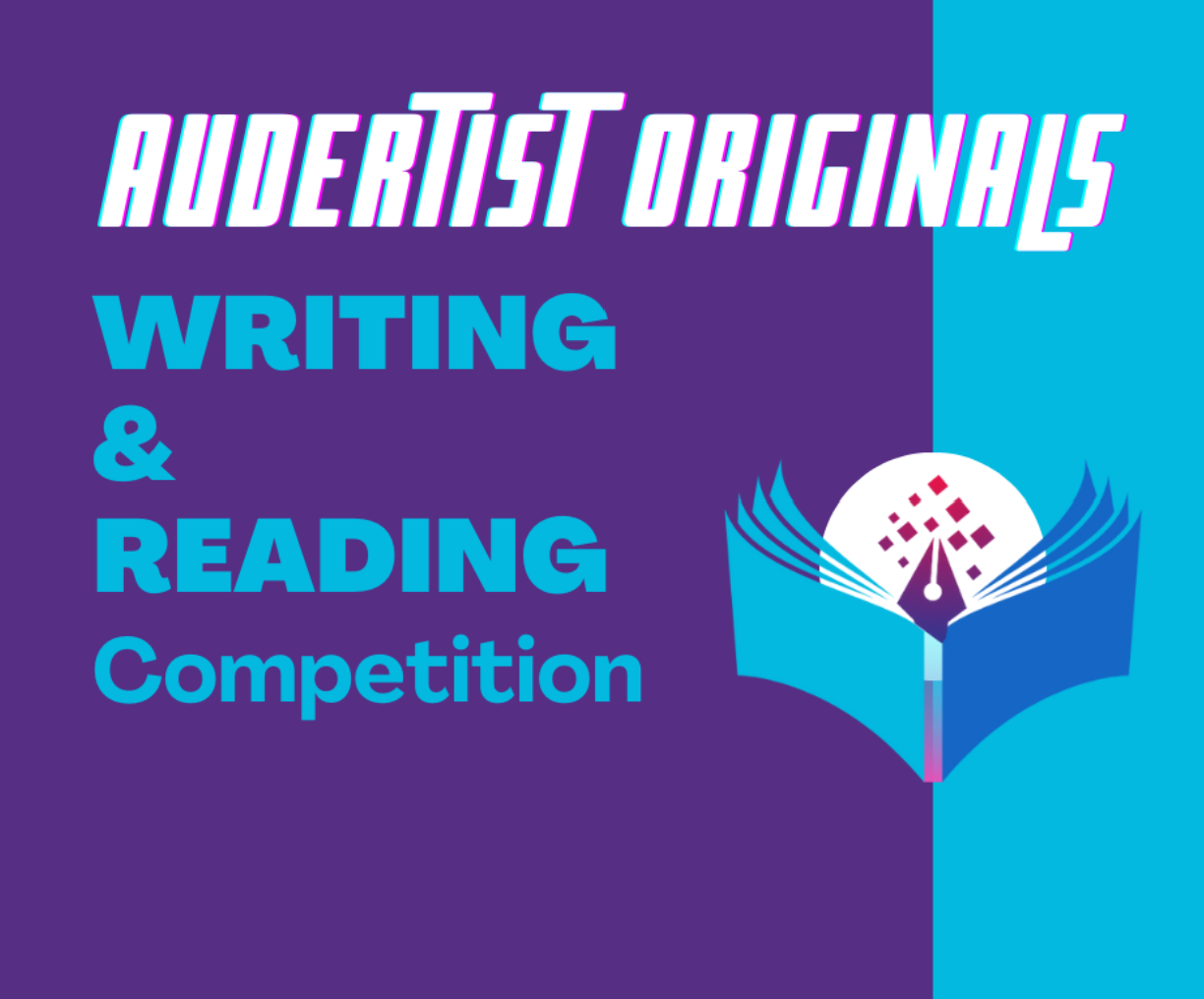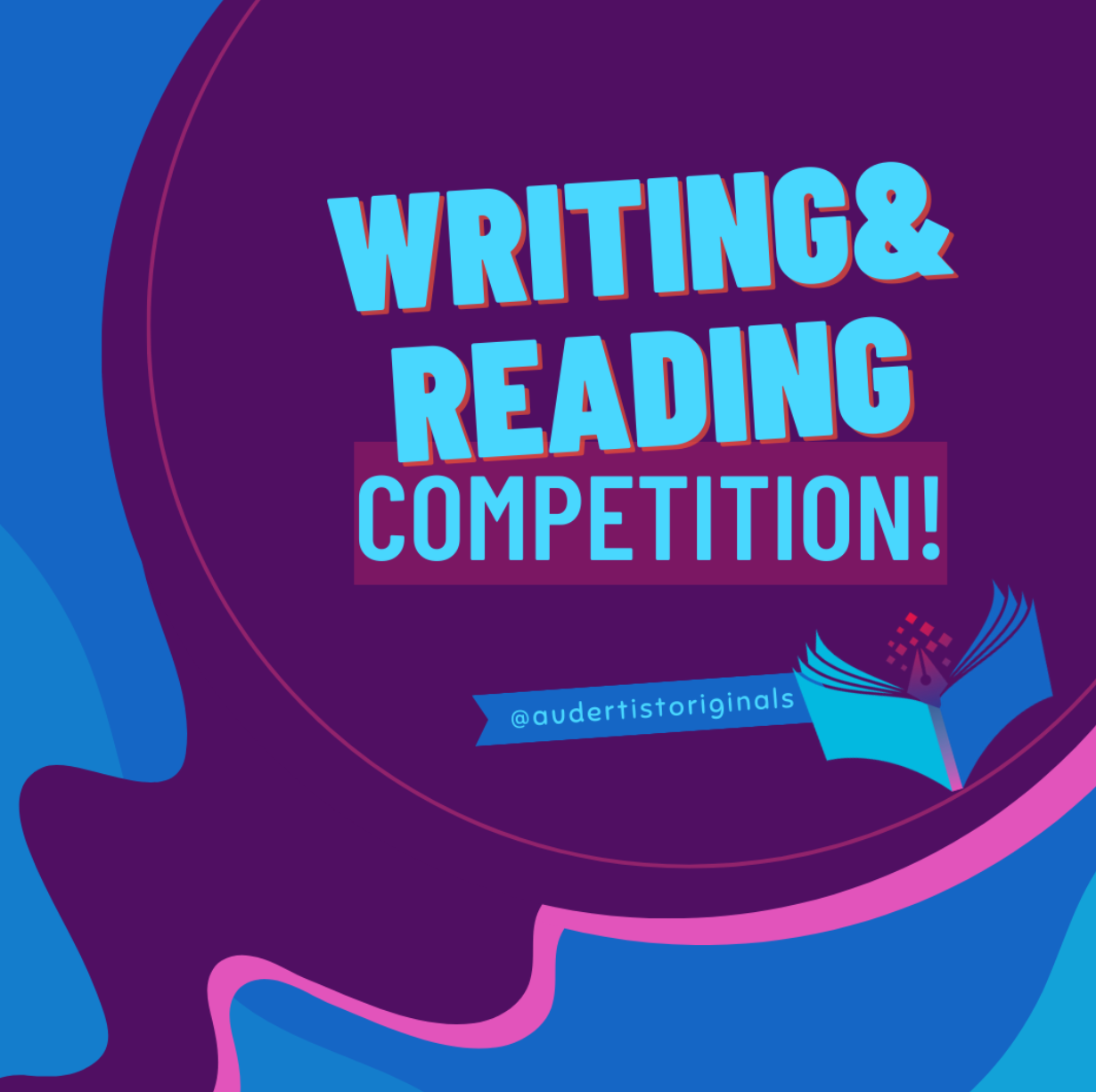7 Results in the "ADR Site Future Features" category
-

There is a craving for the ideal artistic social media platform that ADR has the potential to fulfill. In a space adjacent to online novels and writing, ADR can provide a platform mostly for the use of fandom and discussion with creators. A public forum for things that people enjoy that, for convenience sake, are featured exclusively on ADR. Generally, user activity and interactivity…
-

The Writer role is automatically given to users who reach a certain amount of original published content and accumulated time of account ownership. Before officially entering the Editor’s Guild, Writers must complete the online etiquette exam. If the Writer wishes to enter any other roles, they must follow the usual procedure to do so. Although all members of the Editor’s Guild must fulfill one…
-

The Editor’s Guild is an online program hosted at Audertist Originals with the purpose of providing its users a space for streamlined editing exchanges. The process of exchanging, reviewing, correcting, and creating content generates further monetization for the site, and therefore more income for its userbase. Aside from this practical design, the Editor’s Guild shall encourage Audertist Authors to produce content of higher quality,…
-

Newsletters are what writers have used to keep readers engaged and reminded of their books so that they can look forward to the next one. It establishes a relationship between the writer and the reader and makes a reader more inclined to support a writer’s journey. The content of a newsletter can range from updates on a work-in-progress to life anecdotes: the goal is…
-

Rubric (Writing) Creativity Intent Clarity Writing Style Impact Overall Is the intent multi-interpretive? Is this writing style unique? Has this been done before? Creativity Is the Intent transformative? Overall Is the intent present throughout the writing? Is the intent clear enough to learn from? Intent Clarity Does the writing give depth to the story? Does the writing enforce the intent? Overall With the writing,…
-

ADR Originals will not just be home to blog posts and forums but also to creative writing contests. We want to know what you think would be good competition rules and guidelines. We’ve written up a draft of ideas we have and are interested to hear from our community. Competition Overview Audertist Originals is hosting a writing and reading competition! In it, both writers…
-

Hey guys we’ve made a detailed outline for future site features such as a system for which users might interact outside of forums. Please see below: Editors Guild Abstract Proposal Purpose Editors Guild Features (Document with in-depth descriptions for roles and their responsibilities can be found in EGRoles) Editors Guild Pages Rules and Guidelines Future Plans These are ideas that are too far away…
